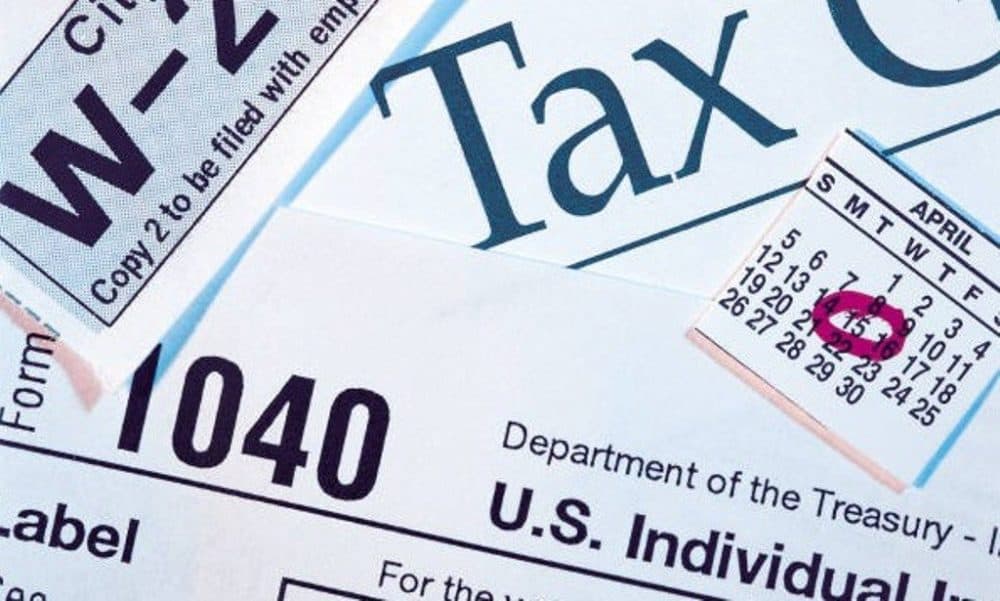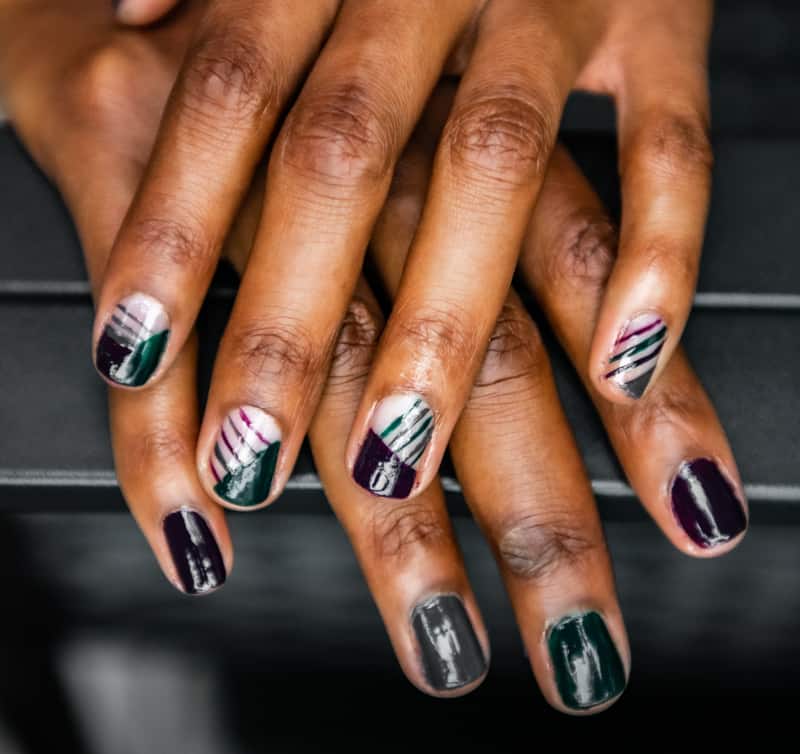
Times are hard these days, especially if you are a gig/contract worker or are self-employed. Between layoffs and cutbacks, you may find yourself without a steady paycheck or, worst-case scenario, without a paycheck at all. If your income is irregular, budgeting is not an easy task. Ensuring you have enough money at the end of each month means you may have to employ some creative accounting skills. Because my income isn’t always uniform, I have discovered ways to financially cope. Check out my tips below to learn how to budget when your income is irregular.
Determine the Minimum Amount You Need to Live
When you receive a regular paycheck, it is far easier to manage your expenses and pay your bills. Adversely, when you don’t know when your next paycheck is coming and how much it will total, the best thing you can do is reduce your outgoings every month. As someone who has had to deal with this issue firsthand, I can tell you that cutting back your expenses is a vital and necessary task.
Track your expenses and decide what you can live with and what needs to be cut. Make a list of all of your bills: rent, transportation, insurance, utilities, food, entertainment, clothes, alcohol, subscription services, etc. Now, find ways to cut back. Remember: the goal is to make your money last as long as possible or until your check comes in. So if there is something on the list that you can live without, eliminate it.
Cash Management Is Key
This brings me to my next point: managing your cash. When I was working a nine-to-five job, the company I worked for had only one payday each month. Some employees hated it, but it taught me money management lessons that helped make my money last. The same skills apply when you are budgeting around an irregular income. You have to learn to stretch your check as much as you can.
When you receive a salary check, part of you may want to spend the money, as if it is burning a hole in your pocket, but fight that temptation! If you are paid weekly or bi-weekly, I advise you to pay yourself first and save 10% to 20%. However, if your income is irregular, the opposite applies. Make sure you have enough money to pay your essential bills first (more on that later), then save the rest. If needed, put small things on a credit card that you know you will be able to pay off later. This will help you float while you are waiting for your next check.
Pay Essential Bills First
As I mentioned in the last section, when budgeting around an irregular income, you should pay your essential bills first. By “essential,” I mean bills that affect your credit score and/or have a substantial late fee. For example:
- Rent should be paid on time unless you have a very understanding landlord who will not charge you a late fee.
- Credit Cards should be paid on time because late payments affect your credit score and late fees can add up.
- Utilities typically give a month before they assess any large fees or disconnect, so if needed, they can be paid late.
- Insurance is tricky because you don’t want to lose your coverage. However, making a late insurance payment won’t affect your credit score. I would try to arrange a payment plan if you are running short.
If you have any other bills, try to make payment arrangements with your creditor. Companies don’t want you to default on your bill and can be flexible when they know you are making efforts to pay the balance.
Save Like It’s Raining Every Day
When you don’t have a lot of money, saving what you do have seems impossible. But having an emergency fund will make the times when you don’t have a paycheck so much more manageable.
Once you have received a check and paid all your bills, save everything else that isn’t used for necessities like food and medicine. Building up that extra security blanket will make the times when you are between jobs so much easier. Only touch your savings when you have no other funds. Savings are not for nights out on the town, drinks with the girls, or new clothes.
A mindset shift will do you a world of good. If you think in terms of scarcity, you will never have enough because your actions will reflect your mindset. Instead, be smart about your money and remain confident that you will have enough, and it will last longer than you think.
Stay fabulous,







One comment
stay in a budget is most difficult thing .Well this blog is best for me thanks for share.